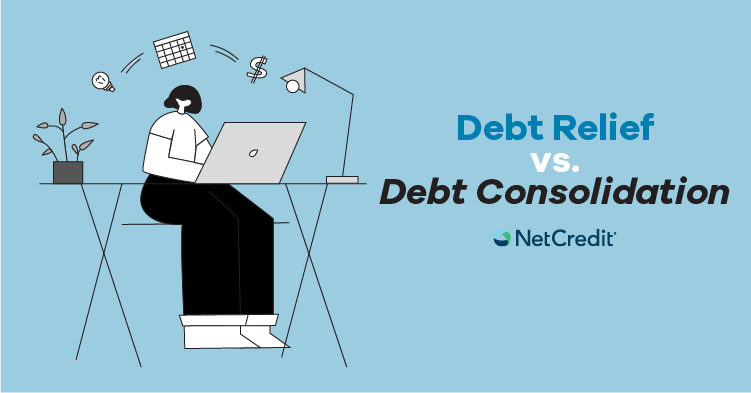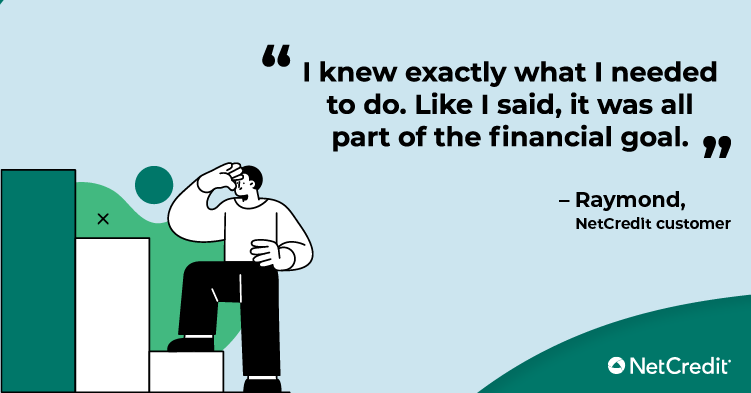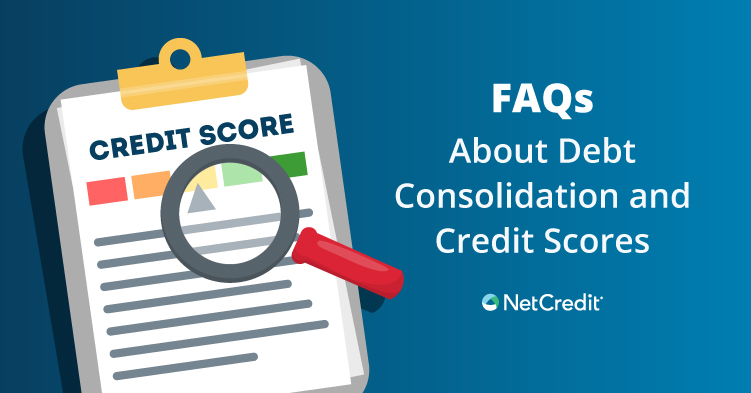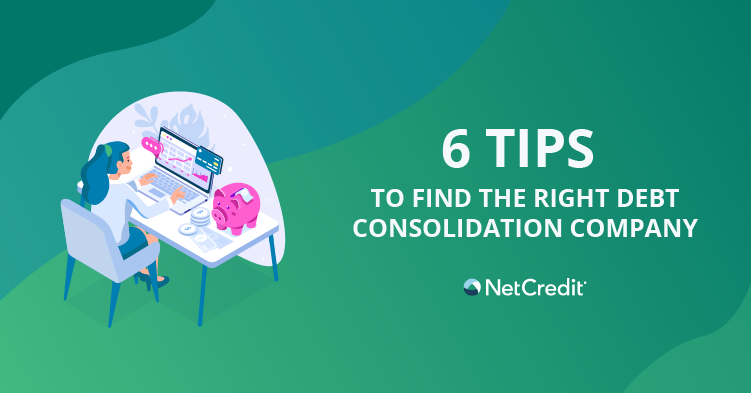Sometimes, significant financial problems extend beyond reducing your budget or saving more money each month. If you have overwhelming personal debt, you might want to take the next step to chip away at your balance and improve your finances.
Some of the most common options available are debt relief and debt consolidation. While they may sound similar, they work in very different ways. Read our guide to learn about some of the differences between debt relief and debt consolidation.
What is Debt Relief?
Debt relief is the process of negotiating, reducing, changing or settling overwhelming personal debt with creditors. Typically, debt relief involves a series of negotiations with creditors over a period of time.
Although you can go through with the negotiation process yourself, debt settlement is more commonly offered as a service from third-party debt settlement companies and/or credit counselors.
What is Debt Consolidation?
Debt consolidation is the process of combining two or more outstanding debts into one monthly credit payment. Although consolidating debts does not immediately eliminate them, the process can open up room in your budget and/or save you money in the long term if you have a lower-APR loan. Some of the most common debt consolidation methods include debt consolidation loans and credit card balance transfers.
What’s the Difference Between Debt Relief and Debt Consolidation?
Debt relief and debt consolidations are both common strategies to attack overwhelming personal debt and work toward financial stability. Generally, debt consolidation is a strategy to handle overwhelming debt on your own, whereas debt relief requires partnering with a third party to help. Each has its own cost, which is directly correlated to the amount of debt you have. That means that the better option depends on your personal finances and personal goals.
When choosing between debt relief and debt consolidation, consider the following questions:
- Based on my current debt, what would each method cost me?
- How long will each strategy take to pay off the debt?
- What are the long-term costs of each method?
- How do those consequences play into my financial goals for the next year? Five years?
How Do Debt Relief and Debt Consolidation Impact My Credit?
Debt Relief
Using a debt relief agency in hopes of reducing or lowering your outstanding debt can damage your credit history. While debt relief companies vary, some may advise you not to make certain debt payments in order to have more leverage during balance negotiations with lenders. Since payment history has the biggest impact on your credit score, missing and/or late payments can cause your score to drop significantly.
Closing or settling a credit line can also damage your credit in more than one way. Reducing your revolving credit limit can increase your usage ratio, which can lower your credit score. Furthermore, if you have a history of settled credit lines on your credit report, lenders may be less willing to extend credit to you in the future.
Debt Consolidation
While a debt consolidation loan can impact your credit history, responsible usage, including on-time repayments can actually improve your credit score over time. According to a recent survey, 68 percent of debt consolidation loan borrowers saw their credit score increase by more than 20 points following consolidation.1 Before you take out any form of credit, make sure you can reasonably afford to repay the loan on-time and in-full.
How Do I Pursue Debt Relief or Debt Consolidation?
Debt Relief
Debt relief agencies are third-party companies that negotiate with creditors in hopes of reducing or eliminating debt on your behalf. While debt relief agencies may advertise debt relief and/or debt settlement, individual results will vary, and you may not actually see a reduction in your credit balance(s). Additionally, these services come at a significant price to you as the consumer.
Debt relief companies may put you on a payment plan to reduce your balance. However, it’s important that you know the details of any payment plan, including what creditor(s) are being paid and/or whether any accounts are in collection.
Debt Consolidation
Debt consolidation loans are available from a variety of sources, from traditional banks and credit unions to online lenders and alternative creditors.
References
1TransUnion. (2019). Debt Consolidation Often Results in Higher Credit Scores and Better Credit Performance.
The information in this article is provided for educational and informational purposes only, without any express or implied warranty of any kind, including warranties of accuracy, completeness or fitness for any particular purpose. The information in this article is not intended to be and does not constitute financial, legal or any other advice. The information in this article is general in nature and is not specific to you the user or anyone else.






